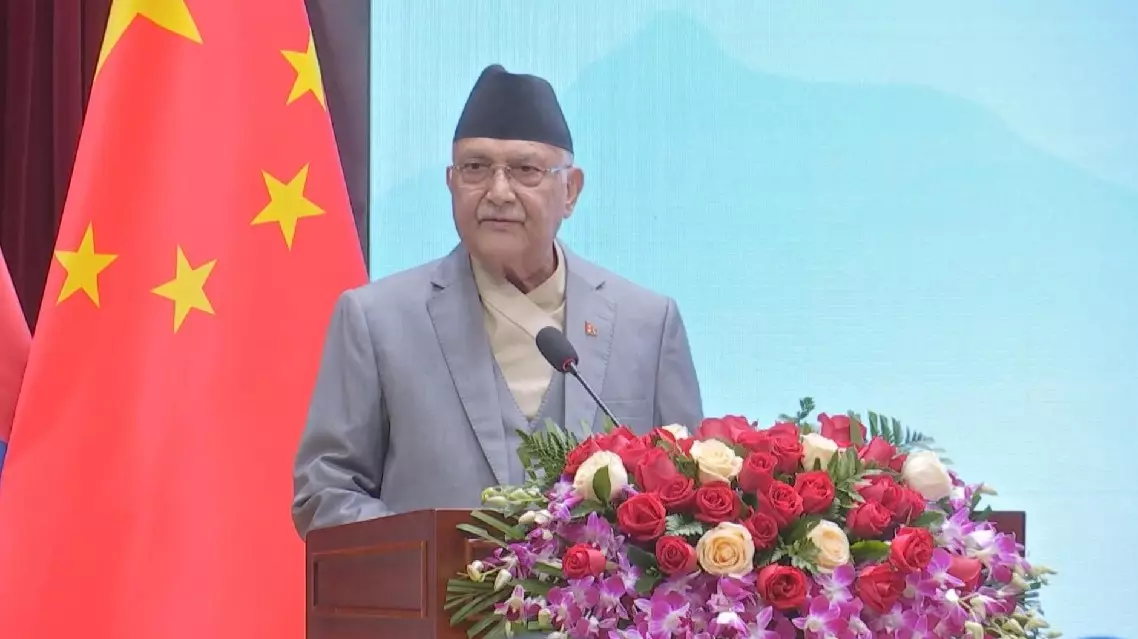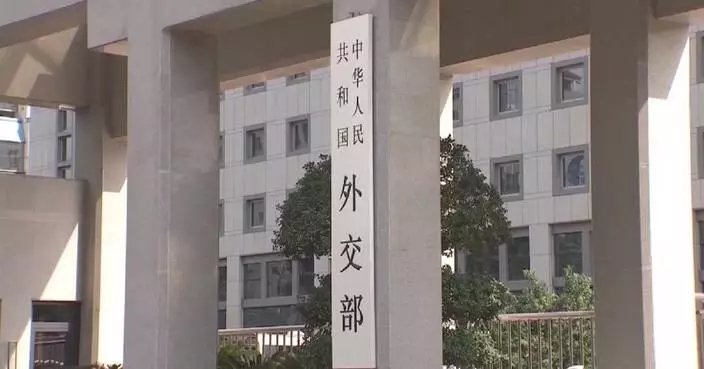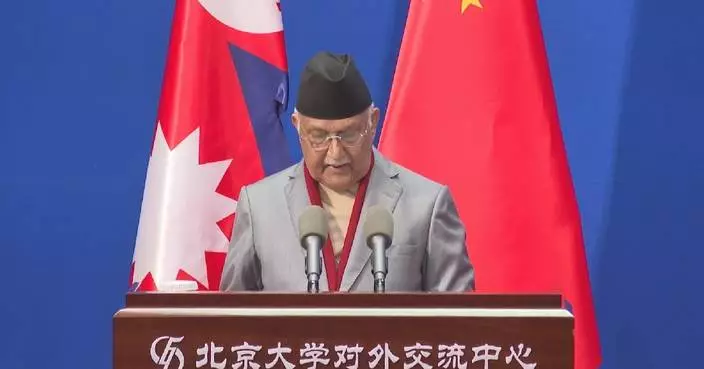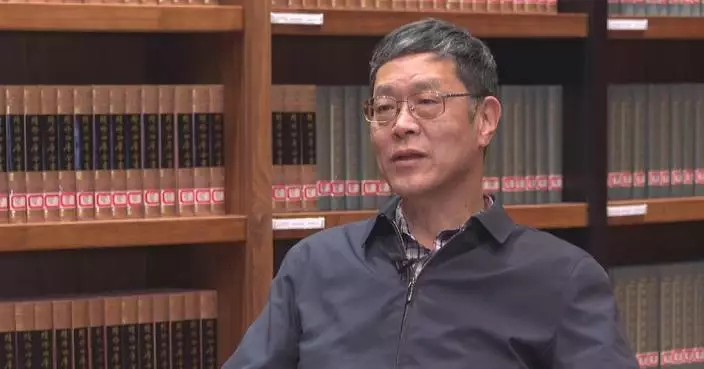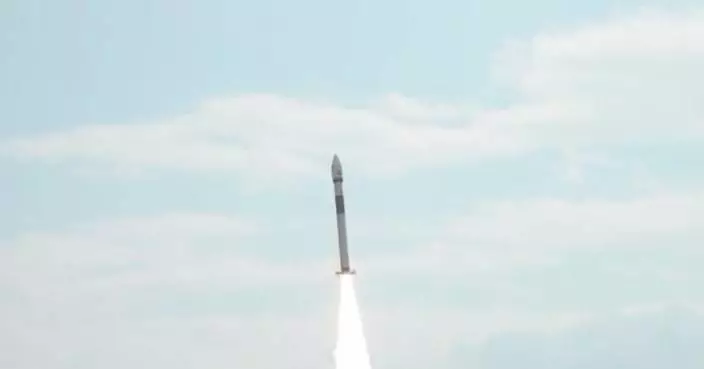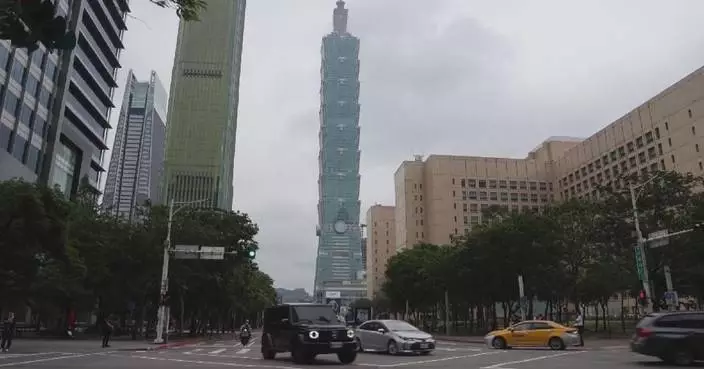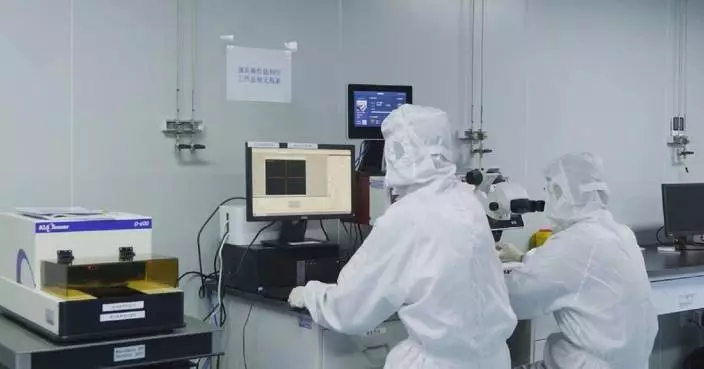Chinese expertise is playing an increasingly visible role in bolstering Morocco's vehicle wheel industry, which also serves as a testament to the growing economic ties between China and Morocco under the Belt and Road Initiative (BRI).
This CITIC Dicastal's Morocco project, representing a significant Chinese investment in Morocco, helps set up the country's first aluminum alloy wheel manufacturing plant. This also represents a clear example of BRI projects that bring about practical cooperation and cultural integration.
Zhang Shiqi, the current project manager, has been involved in research and site selection of a manufacturing factory under China's state owned company CITIC since the beginning of 2018. The construction of the CITIC Dicastal Morocco factory was later confirmed and started operations in May of 2019, becoming the largest investment by a Chinese company in Morocco.
Zhang Shiqi said the reason behind building such a plant in Morocco lies in the country's industrial gap in the area.
"Before we came to Morocco, most of the products we provided to European and Moroccan customers were manufactured in China and then shipped here. Morocco didn't have an aluminum alloy hot processing industry," he said.
During the process, the Chinese team faced challenges such as Morocco's inexperience in aluminum alloy wheel production and an underdeveloped local supply chain.
"During the construction phase, we faced several challenges. For example, Morocco lacked expertise in producing aluminum alloy wheels. We sent key personnel to China for training. Additionally, the local supply chain was insufficient, so we brought our domestic supply chain system here in the early stages," Zhang said.
The factory filled a critical gap in the country's automotive industry by producing the first aluminum alloy wheels in Africa in just eight months.
Beyond its industrial achievements, the factory has also become a bridge of cultural exchange and friendship between Chinese and Moroccan employees.
"We tried to build an open and inclusive working environment. We honored Moroccan religious holidays and customs. For instance, we set up prayer rooms to help everyone understand and respect different religious beliefs and practices," said the manager.
Taoufik Hassine, quality manager of the plant, also believed that the meaning of this project goes far beyond industrial cooperation. So far, the factory has created over 2,000 local jobs and significantly advanced Morocco's manufacturing technology.
"We expect our factory to become a bridge of communication between China and Morocco. The first one is to promote the culture of China and Morocco and tell and share our story of China-Morocco integration," said Hassine.
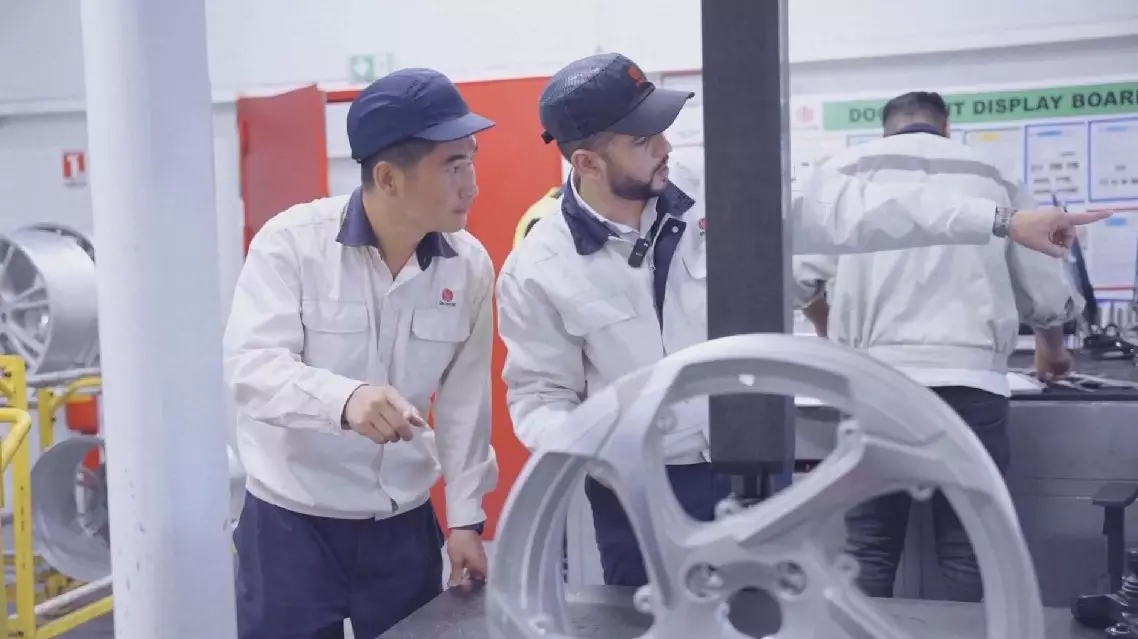
Chinese experts help build up aluminum alloy wheel industry in Morocco


